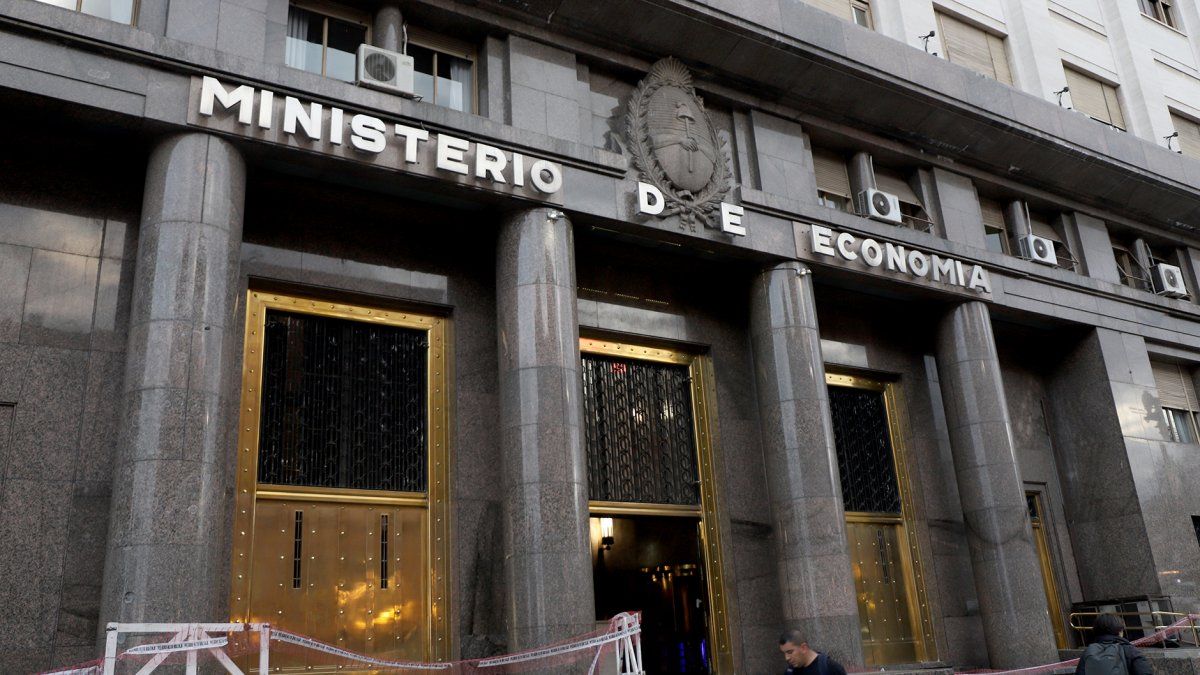In the region, Among the 18 Latin American countries evaluated, Argentina occupies positions 9, 10 and 11 (according to the three axes of the evaluation contemplated, respectively).
In the only item that reaches an adequate score (greater than 61/100) in the case of surveillance by the General Auditor of the Nation, ranking fifth in the region.
Transparency and access to information
Argentina’s score fluctuated in the last two decades and never reached the 61 points considered as the minimum threshold to foster an informed public debate. In this latest publication, the country reduced its “performance”, since it went from 58/100 to 50/100.
According to Budget Partnership researchers, two of the documents reviewed incorporated less information than in previous years. According to the study, the Executive Budget Progress Report to the National Congress did not include multiannual estimates of inflation, GDP growth, and interest rates, while the Budget Project did not identify indicators of the policies linked to the 2030 Sustainable Development Goals (SDGs) nor was the open data site mentioned to access more detailed information on spending classifications.
Participation in the process
In this category, the worst performance of Argentina was given: 15/100. According to the report’s authors, the result reflects the country’s great challenges in ensuring that budget decision-making and the use of public resources are truly open and democratic.
The Civil Association for Equality and Justice (ACIJ), which participated in the work, maintained that “both in Argentina and in most of the countries evaluated, budgets are discussed by an elite, with few ways for citizens to get involved. and your voice is heard.
“Only 8 countries worldwide have formal channels to engage communities in budget processes,” he added. For example, The Ministry of Economy does not carry out any consultation or hearing aimed at promoting citizen participation in the design and execution of spending.
Although some congressional commissions have enabled instances of dialogue with civil society and trade union institutions in the framework of the discussion of the budget laws, public hearings or other mechanisms that guarantee plural participation in this debate have not been institutionalized.
Role of the Institutions
In this axis, the Congress -clarified from ACIJ- “obtained a score of 42 because it continues without systematically evaluating budget execution during the year, despite having updated reports from the Congressional Budget Office (OPC) on budget modifications, that could be used to demand better accountability. The General Archive of the Nation (AGN), on the other hand, was approved with 78 points.
However, for the years after 2016 (last audit report evaluated in the Survey and publicly available at the time of responding to the 2021 edition), the AGN Report on the Investment Account to be reviewed by the Commission had not been published. Mixed Parliamentary Auditor of Accounts.
In the current context, especially marked by the Covid-19 pandemic, ACIJ assured that “the public budget was a key tool to lessen its impacts”.
According to data published by ECLAC, the extreme poverty rate in the region would have increased from 13.1 percent of the population in 2020 to 13.8 percent in 2021, a setback of 27 years. This means that the number of people in extreme poverty would go from 81 to 86 million people.
“Budget transparency and the strength of monitoring and participation mechanisms in the budget cycle are fundamental tools for the budget to achieve the necessary impact in guaranteeing rights. Without them, it is very difficult to demand effective strategies to guarantee efficient and egalitarian policies,” they concluded from the organization.
Source: Ambito
David William is a talented author who has made a name for himself in the world of writing. He is a professional author who writes on a wide range of topics, from general interest to opinion news. David is currently working as a writer at 24 hours worlds where he brings his unique perspective and in-depth research to his articles, making them both informative and engaging.




